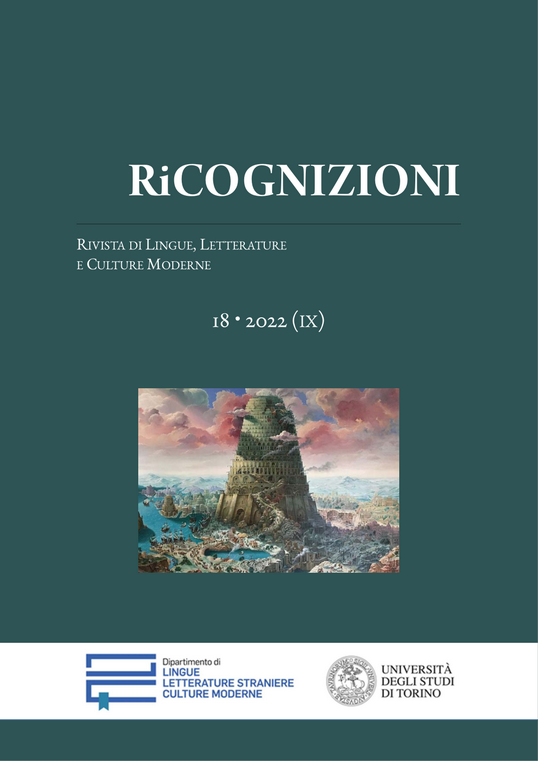Constructing Languages to Explore Theoretical Principles
DOI:
https://doi.org/10.13135/2384-8987/7098Keywords:
Simulation, Modeling, Phonology, Constructed languagesAbstract
The construction of languages has always been related to linguistics. Most of these initiatives address real scientific questions but from a non-academic point of view. The fact that Ferdinand de Saussure's own brother, René de Saussure, wrote a theoretical essay on the construction of the Esperanto word (de Saussure 1914) is an amusing illustration of this. In this paper, we propose a method inspired by experimental archaeology. The experiment consists in trying to obtain an artifact similar to the one observed using this or that construction method. An equivalent approach in linguistics would be the generation of linguistic systems based on explicitly formulated principles. Trying to generate similar systems pushes the linguist to explicitly define the principles that are needed and to explore all their consequences. In this context, we show that the use of notions induced by the observation of natural languages leads to a certain degree of circularity and that it is therefore more interesting to explore a priori principles based on very general assumptions.
Downloads
Published
How to Cite
Issue
Section
License
RiCognizioni is published under a Creative Commons Attribution 4.0 International License.
With the licence CC-BY, authors retain the copyright, allowing anyone to download, reuse, re-print, modify, distribute and/or copy their contribution. The work must be properly attributed to its author.
It is not necessary to ask further permissions both to author or journal board.








